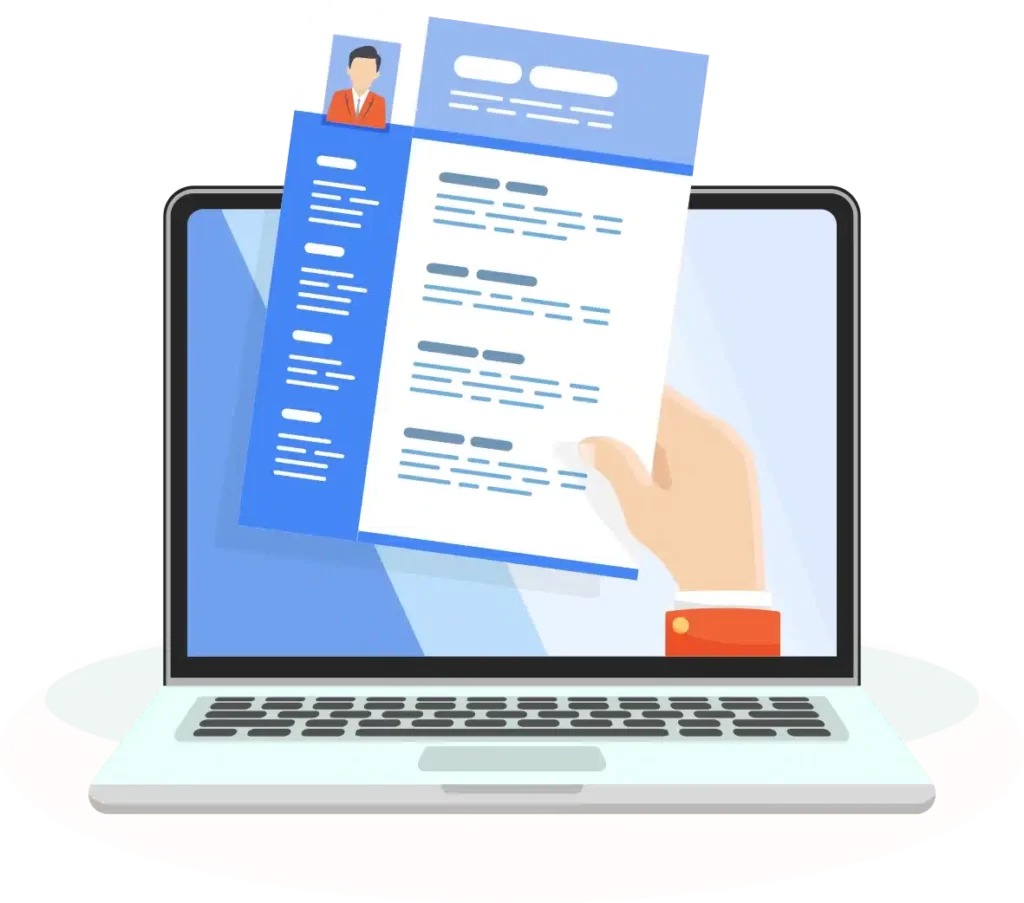How to Get Job References in the Netherlands
Navigating the job market can be a daunting task, especially for those who are unfamiliar with the customs and practices of a new country. If you've recently moved to the Netherlands or are planning to, understanding how to obtain effective job references is crucial to your success in landing your desired position. In this article, we will explore the importance of job references, how to approach this topic in the Dutch job market, types of references, and best practices to follow.
The Importance of Job References
Obtaining strong job references can give you a significant advantage in the competitive Dutch job market. In many cases, employers rely heavily on references to verify your work history and assess your capabilities and character. A well-structured reference can shed light on your professional skills, work ethics, and even provide insight into your personality, helping potential employers make informed decisions.
Why References Matter
-
Validation of Experience: References confirm your previous work experience and responsibilities. This validation is especially important in the Netherlands, where credentials and past job roles are scrutinized.
-
Insight Into Work Ethic: Good references can offer a glimpse into your work ethic, reliability, and overall contribution to a previous employer. In a culture that values teamwork and collaboration, this information is invaluable.
-
Cultural Fit: The right reference can also reflect your compatibility with the company culture. Dutch companies often prioritize cultural fit alongside skills and experience.
How to Approach References in the Dutch Job Market
In the Netherlands, asking for job references may require a different approach compared to other cultures. Here are some steps to consider when seeking references:
1. Identify Potential Referees
The first step is to carefully select individuals who can provide meaningful references. Consider the following types of referees:
-
Former Managers: They can best speak about your job performance and contributions. Ensure your previous supervisors understand your skills and accomplishments well.
-
Colleagues: If you maintained a strong professional rapport with colleagues, they can testify to your teamwork abilities and interpersonal skills.
-
Clients or Partners: If you had external facing roles, satisfied clients or partners can illustrate your ability to manage relationships and meet external expectations.
2. Ask for Permission
In the Netherlands, it is common courtesy to ask for permission before listing someone as a reference. You can do this via email or a brief conversation. Here’s a template you can follow when reaching out:
Subject: Request for Reference
Dear [Name],
I hope this message finds you well. I am currently in the process of applying for a new position, and I was wondering if you would be willing to serve as a reference for me.
Your insights regarding my work on [specific project] would be invaluable to potential employers. Please let me know if you are comfortable with this, and if so, I would be happy to provide more details about the roles I am applying for.
Thank you very much for considering my request.
Best regards,
[Your Name]3. Provide Context
Once your referees agree, provide them with context about the job you’re applying for and the skills or experiences you would like them to mention. This helps them give a relevant and tailored reference.
4. Follow Up and Express Gratitude
After they agree to be your reference, always follow up with a thank-you message once you finish the job application process. This not only shows your appreciation, but it helps maintain the relationship for future opportunities.
5. Keep Them Updated
Keep your references updated on your job search process, especially if you receive an offer. It’s courteous and allows them to understand how their reference may have contributed to your success.
Types of References
There are mainly two types of references that you may encounter or require during a job application process in the Netherlands:
1. Professional References
These are directly related to your work experience and are typically provided by past employers or colleagues. When you secure a new position, employers often contact these references to assess your qualifications.
2. Academic References
If you are a recent graduate or applying for positions in academia, references from professors or academic advisors can be instrumental. They can highlight your skills, dedication, and contributions during your educational journey.
Recommendations for Strong References
- Choose referees who know your work well.
- Opt for individuals who view you positively.
- Prioritize references who can speak to the qualities most relevant to the position you’re applying for.
- Prepare them with information about the job and your accomplishments.
Example of a Strong Reference
When preparing your references, consider the following structure for your referees’ contact information:
**Name**: [Referee Name]
**Position**: [Referee Position]
**Company**: [Referee's Company]
**Email**: [Referee's Email]
**Phone**: [Referee's Phone Number]
**Relationship**: [Describe your relationship and duration]Conclusion
Securing effective job references in the Netherlands can significantly bolster your candidacy. By choosing suitable referees, providing them context, and following up properly, you enhance your chances of making a positive impression on future employers. Remember that references are not merely a box to tick; instead, they are a crucial aspect of your job application that can help you stand out in a competitive landscape.
As you prepare for your job search journey, ensure your CV is equally impressive and aligned with your career goals. Consider using our Harvard-style CV template, which includes guides and recommendations to structure your CV effectively. To download this template and boost your job application prospects, visit this link. With the right tools and strategies, you can embark on a successful job search in the Netherlands with confidence.
Further Reading and Research
For those interested in exploring the topic of job references further, various studies and articles highlight the importance and impact of references in hiring processes. Investigating these resources can offer more insights and possibly reveal opportunities for networking and professional growth in the Netherlands.
By following these guidelines, you will be well on your way to securing strong job references that can enhance your employability in the Dutch job market. Happy job hunting!





